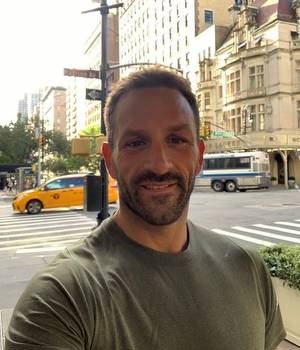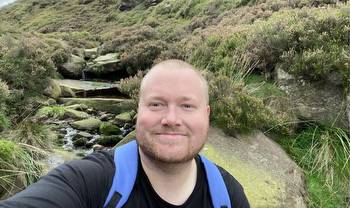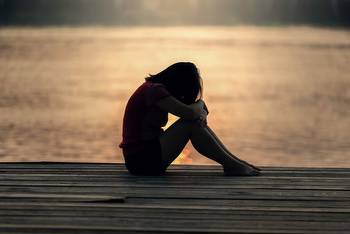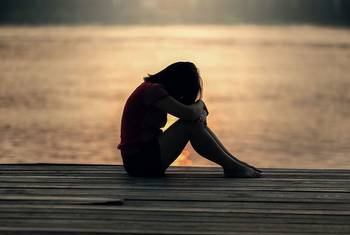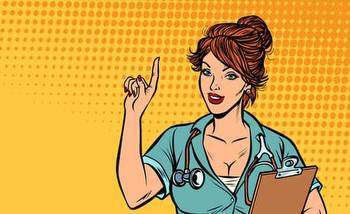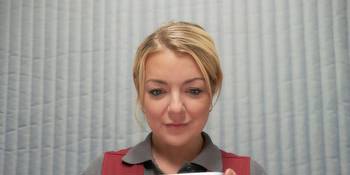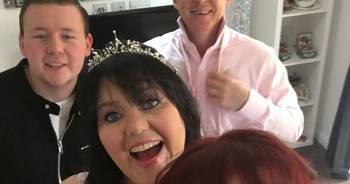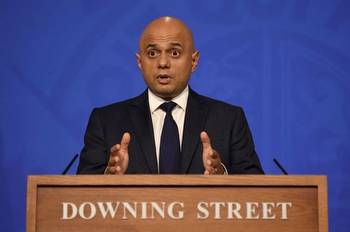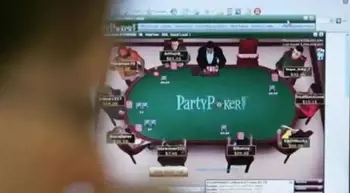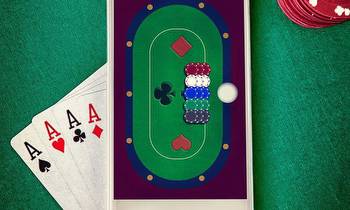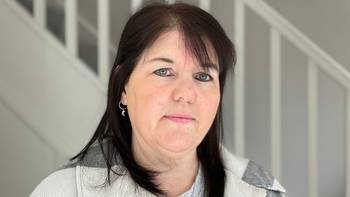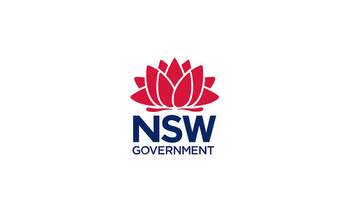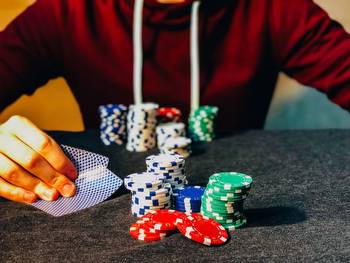Women and gambling: new campaign raises awareness of harm
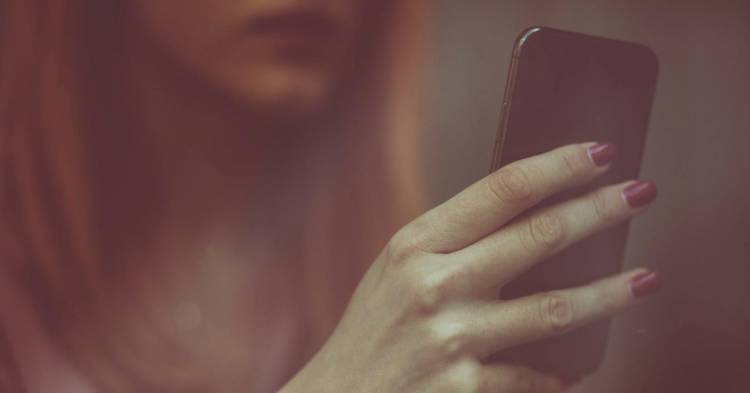
As new research reveals the disproportionate impact gambling has on women’s mental health, Stylist speaks to a woman whose casual bingo habit spiralled into a much more serious gambling problem .
Up to 1 million women in the UK are at risk from gambling harms leading to financial, relationship, and physical and mental health problems, new analysis has suggested.
Research conducted by Gambleaware found that women are also more likely than men to say their gambling has caused them mental health issues such as stress and anxiety. But despite this, almost 40% may not seek out help due to the stigma or feelings of shame.
As new statistics show activity on gambling websites popular with women peak in the winter months – with total average traffic between December and March up by 29% compared to the rest of the year – Gambleaware has launched a campaign to raise awareness of the true scale of the problem, and highlight early warning signs and the support available.
Jemima* began gambling in her late teens. But, she tells Stylist, what started as a casual game of bingo or slots eventually spiralled into a secret gambling problem that lasted many years and took a serious toll on her mental health.
I started gambling at the age of 15 when I used to visit the bingo hall with my mum and nan. Growing up, it was something I couldn’t wait to do – like going to the pub for your first drink with your dad. I was just something I was really looking forward to. I also won quite a bit of money the first time I went too, so to me it was fantastic.
My ex-husband was an alcoholic, which naturally came with its own challenges, and I started using gambling as ‘me time’. It gave me what I needed to escape from all my problems, and I enjoyed everything about it.
Increasingly though, I started spending more and more time playing games. It didn’t matter if I won or lost, it was just the whole experience.
I could gamble anywhere – standing in the supermarket queue, waiting for my son to come out of school.
I never thought I had a problem. I know it sounds crazy, but I told myself I was OK. Looking back now, the moment I started using gambling as my ‘go to’ to distract me from my issues and spending more than I could afford is when I should have sought help.
I went from only betting between £10 and £20, to depositing nearly £600 at a time. Eventually, I probably gambled more than £100,000.
I didn’t want to admit I had a problem and because I hid it so well and kept it a secret from my loved ones. I was one of those people who would always be there for my friends and wanted to help everyone else, so I never had to face or think about my own problems.
I don’t know how I made it through. I was running on autopilot, blocking out everything and living my life in denial. No one was able to help me. I hit rock bottom before I was able to do anything about my gambling.
Once my gambling was out there and I was getting help, I had loads of work to do on myself emotionally. I felt like a terrible person who did not deserve happiness or love.
Anyone can get sucked into gambling. It does not discriminate and that can be very dangerous, but women could be attracted to it because it is marketed as fun and something you and your girlfriends can do together. Some of the games may be pink and fluffy, but they can be very addictive too.
I wish I had known about the tools available to me, such as the ‘time out’ apps, and deposit limits. There are amazing help and support groups that are out there, like Betknowmore’s Peeraid service or GambleAware
I wish I was more aware of the early signs of gambling harms – such as losing more money than I could afford, time running away from me, and becoming secretive from those close to me. Maybe if I’d realised, I could have gotten help earlier.
The gambling industry is still seen as a man’s world, but millions of women are gambling too, and may also be struggling with signs of gambling harms.
Of course, not everyone develops harms, but for those who do, it’s hard for them to come forward and get help. You feel ashamed and weak that you can’t gamble safely like others.
Six years on, I am in such a better place. I love my job with Betknowmore and Peeraid because I get to help others who may be experiencing similar gambling harms that I did.
If I’m able to stop one person from getting to where I got to, I have achieved something very positive. My past will always be there, but I have become a stronger person. If I’m not feeling good, I will talk to someone about it, instead of resorting to gambling.
If anyone is out there now reading this and you can relate to any of what I said, please get help. Reach out, you are not alone.
Taking action against gambling addiction
According to Liz Karter, an expert in gambling addiction in women, gambling behaviours manifest themselves differently in women than men.
“We know the easy availability of online gambling leads many women to games which appear innocent and socially acceptable,” she explains. “The games seem safe and familiar, as they are so similar to the free play digital games we are all now used to playing.
The number of women receiving treatment for gambling has doubled in the past five years. However, despite a growing number accessing services such as The National Gambling Treatments Service or the National Helpline, this only represents a fraction of those who are experiencing gambling harms.
“Our research shows women may not be aware they are starting to experience harm from gambling or may be worried about reaching out for support due to stigma or shame,” said Zoë Osmond, chief executive of GambleAware.
“That’s why our campaign highlights the warning signs to look out for, so we can support women who gamble and prevent them from developing gambling harms.”
Anyone concerned about their gambling, or that of a loved one, can visit BeGambleAware.org for free, confidential advice and support, or The National Gambling Helpline is available on 0808 8020 133 and operates 24 hours a day, seven days a week.
Images: Getty
*Name and some details have been changed to protect anonymity








